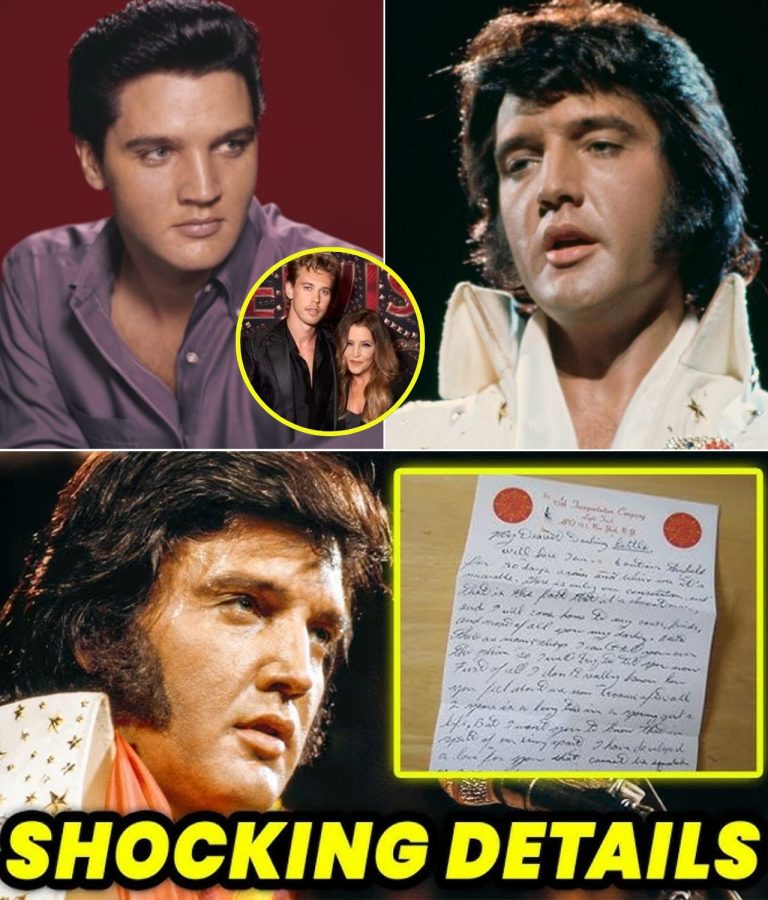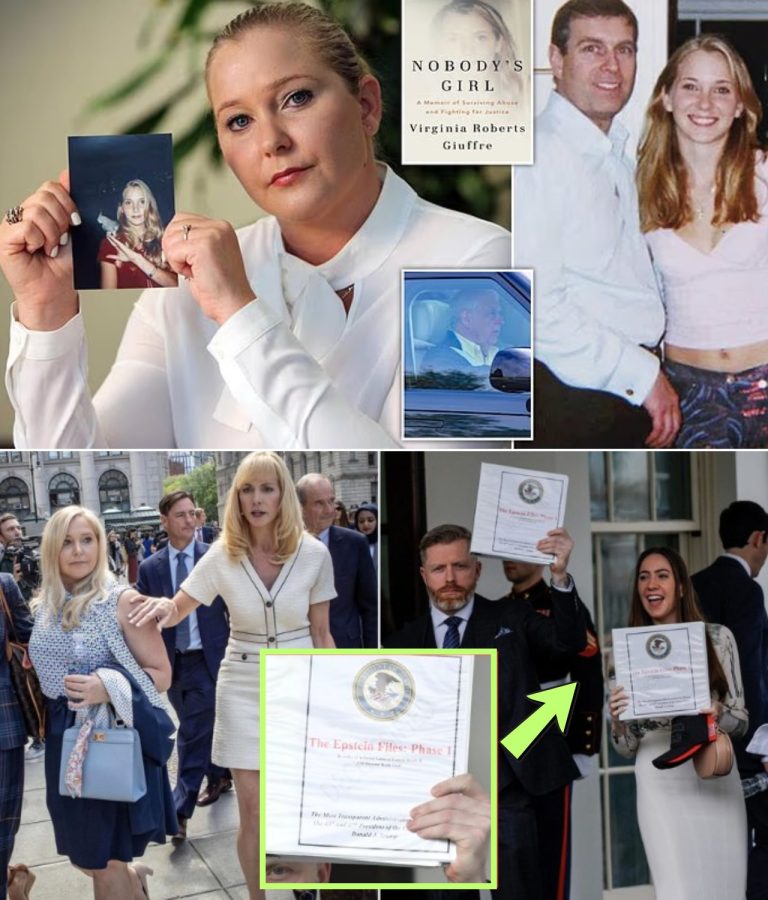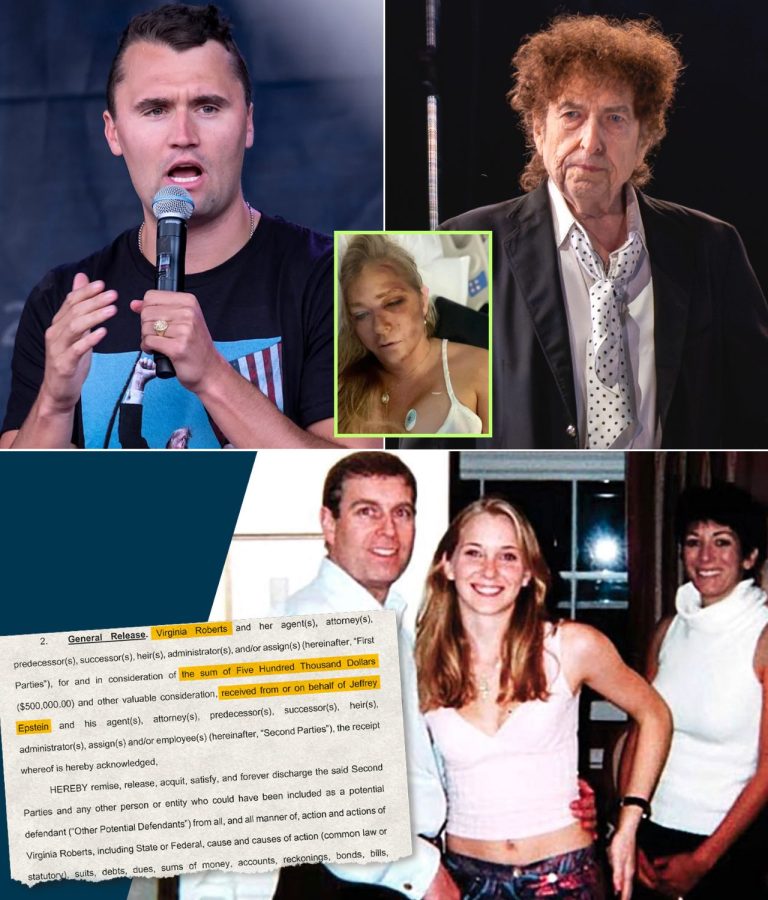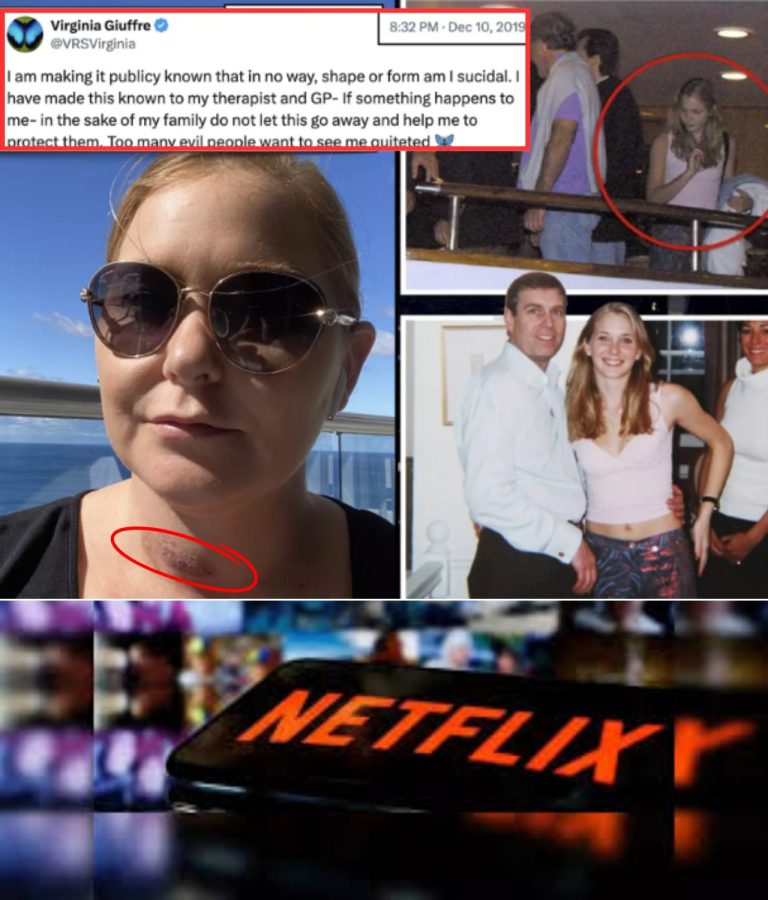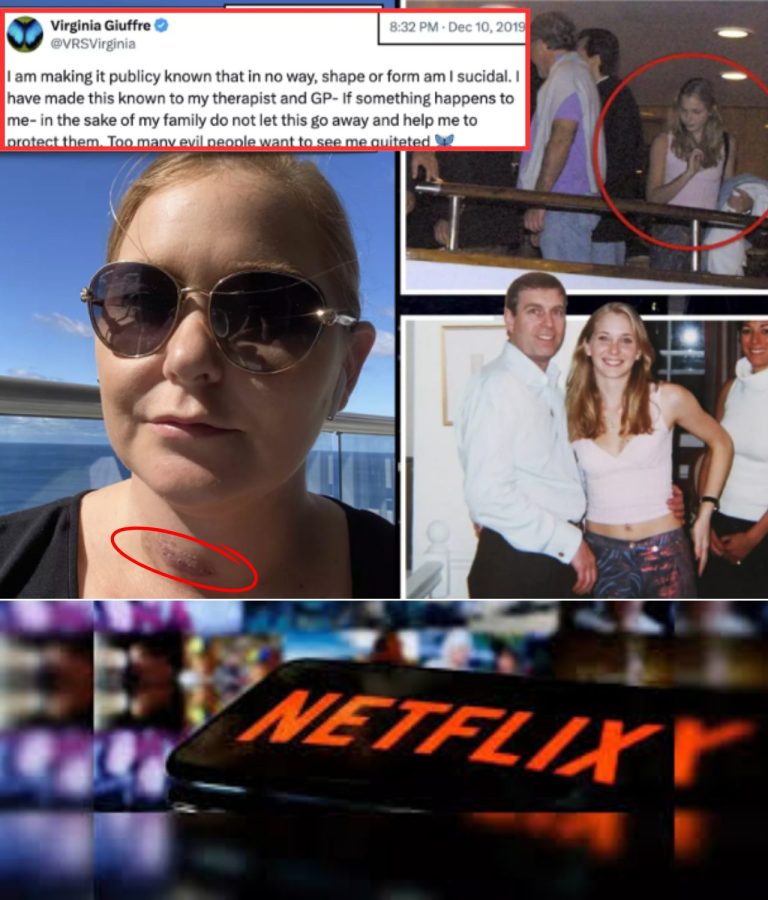Clearly neither rapper had anything to do with this deep dive into their famous feud – and it makes for a refreshing alternative to hip-hop hagiography

The sky isn’t as blue, the grass not so green, food now tastes like sawdust and life just hasn’t been as sweet, since rap superstars Kendrick Lamar and Drake ceased their epic beefing back in May. So it is with gratitude that we hip-hop heads receive this hour-long documentary rehash.
It doesn’t go deep into the music itself, a total of 10 tracks – five from Lamar, five from Drake – released between 22 March and 5 May of this year. But there are numerous TikTok explainer videos for that. Rather, Public Enemies works by paralleling the biographies of both artists, to cast light on the present state of hip-hop, the music industry and the culture at large.
These men were born within months of each other, but while Kendrick Lamar Duckworth grew up amid the poverty, gang activity and racist police brutality of 1990s Compton, LA (cue some pumping NWA on the soundtrack), Aubrey Drake Graham was a son of the suburbs. The Toronto suburbs, to be exact, where he was born to a white Jewish mother and a Black American father and raised as one of few kids of colour in a majority-white, Jewish community. The proof of this is home video footage of a pre-growth-spurt Aubrey, complete with Coke-bottle glasses and braces on his teeth, rapping at a barmitzvah.

The fact that we’re even seeing this, courtesy of some of Aubrey’s preppy-looking so-called pals, is our first clue that this is very much the unauthorised biography. Clearly neither rapper, nor any member of their inner circle, was anywhere near this production. But if you’re sick of the usual hagiographies – even when partially disguised by Lego, as in Pharrell Williams’s new one – maybe that’s no bad thing?
Instead, we hear from people such as the seventh grade English teacher who encouraged young Lamar’s poetic talents, and who offers some sense of the traumatising effects of US gun violence (“I’ve lost 32 students. I’ve been to 19 funerals.”) And the Canadian TV producer who turned Drake into a teen idol by casting him in the high school soap, Degrassi: The Next Generation. She talks about something that’s also evident in those barmitzvah bops: Drake’s precocious confidence.
The key thing here is not just the different class and racial contexts of their upbringings, but the different mindsets each brought to the game. Drake was an already famous heart-throb – or Certified Lover Boy, if you prefer – with his eyes on the prize of global stardom. Lamar was grinding away in relative obscurity, but embedded in one of hip-hop’s historic proving grounds, and steadily honing his craft.

As with all the bitterest rivalries, they also started off as friends. At least, in 2012, Drake invited Lamar to support him on tour and endorsed the then-less-famous rapper’s second album. A straight exchange of popularity for credibility, perhaps? Or an early example of that “culture vulture” thing Drake does: swooping in to global rap scenes to become, according to his most prominent critic, “not a colleague” but a “coloniser”.
It would have been interesting to get more into the British iteration of this phenomenon, from Drake’s patronage of Top Boy to his cringey “girls-dem” pronunciation on J Hus’s Who Told You, and the Lamar lyrics graffitied on his Carnaby Street OVO store. But Public Enemies only superficially acknowledges the creatively generative power of rap rivalries in general.
Maybe this is all just a distraction from the harrowing conflicts that have truly characterised 2024 – such as Elon Musk v democracy or western imperialism v Palestinian lives. But if we’re gonna get into it, let’s really get into it: who does the “us” of Lamar’s Not Like Us exclude? What does it say about changing masculine ideals that many of the insults revolved around paternal responsibility? And can you feature on a Taylor Swift single and still hold your head up in the hood?
Sometimes this documentary seems more about applying salve to Drake’s third-degree burns, with XXL magazine’s former editor-in-chief Elliott Wilson proving a particularly soothing battlefield nurse. He reiterates Drake’s overall contribution and points out that the charge of inauthenticity is always levelled at hip-hop artists who don’t fit the mould: not Black enough, not American enough, not street enough. That doesn’t necessarily mean it’s warranted. His point is well taken. But then the Not Like Us beat hits and – sorry to this man – it’s all over.


